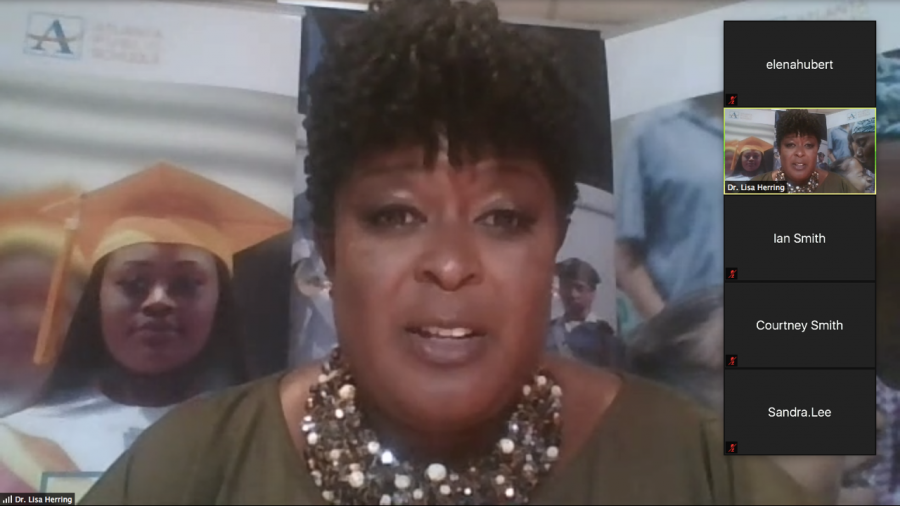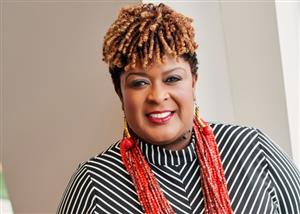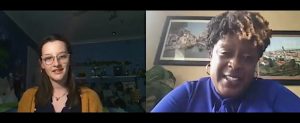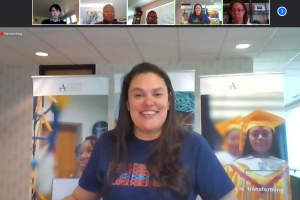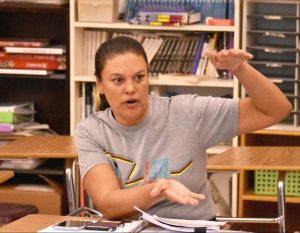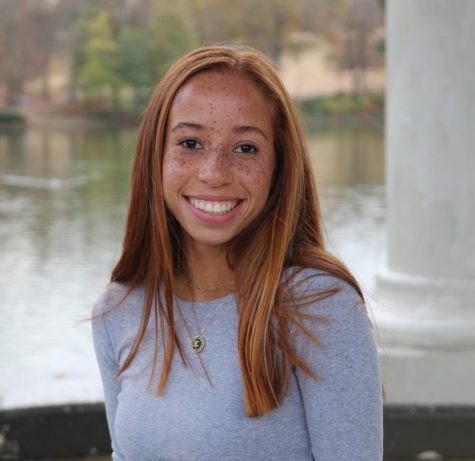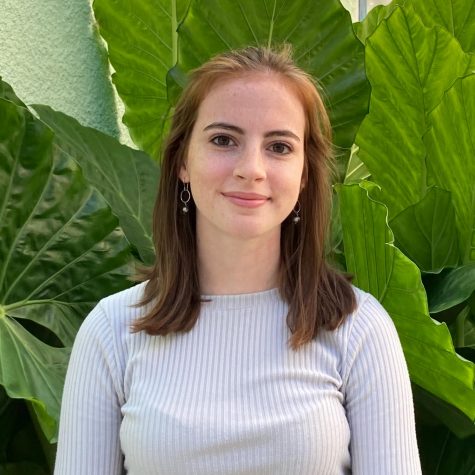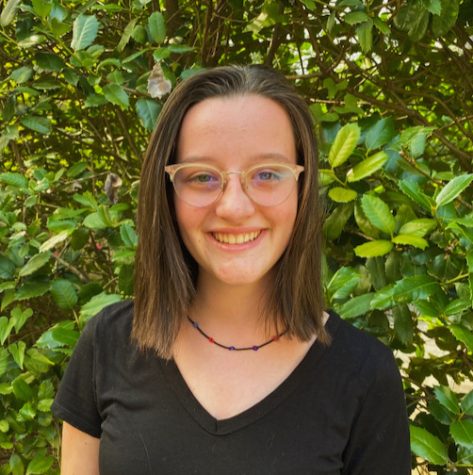Superintendent Herring lays plans for first year
Superintendent Dr. Herring spoke with Atlanta Public Schools student publications to discuss her plans for the 2020-2021 school year. As well as touching on schools reopening, Herring detailed her “family” approach to leadership and her support of the Black Lives Matter movement.
July 1, 2020
Atlanta Public Schools will wait until early to mid-July to announce which instructional model it chooses for the 2020-2021 school year, new Superintendent Dr. Lisa Herring said today.
Dr. Herring said the rate of spread of the coronavirus will determine reopening plans. During a virtual media roundtable on her first day on the job, Dr. Herring said that the district is working with infectious disease specialists, pediatricians, the Centers for Disease Control and Prevention and public health officials to solidify a safe and efficient reopening strategy.
“The amount of [COVID-19] spread determines the right decision,” Dr. Herring said. “We also know that this week, the numbers have gone up… We’re in a unique position because we have not rendered a decision yet.”
Since a virtual option and a hybrid learning option are still on the table for the upcoming school year, Dr. Herring plans to continue to provide internet access to those who need it. The district is currently assessing the budget and funding, as well as identifying vendors who can take inventory of the APS families in need of district-provided technology and provide the necessary equipment.
“We’ve entertained, and we have explored, to the dollar, the opportunity to make certain that students have devices and to make strong, solid recommendations for that, [so] in the event that the model that we execute will be one that is fully remote … we want to make it [hotspots and wifi accessibility] available for all,” Dr. Herring said. “It is a priority.”
The district’s plan to specifically adapt the special education curriculum to the reopening model selected is also up in the air. Dr. Herring has delegated the decisions regarding special education to APS’ Office of Special Education.
“Those plans [Individualized Education Programs] require us to find ways to adapt the necessary changes or interventions for students to be successful.” Dr. Herring said. “It makes certain that wherever we can create modifications and even engagement in a COVID season, that it is taken into consideration…Here, again is where I hope we can be a leader in that effort in APS because we have to, and that, too, is grounded in equity.”
Dr. Herring stresses that even though her transition to APS superintendent is taking place during a unique time, she is committed to making her transition as smooth as possible. Her “first steps” as superintendent focus on “teaching and learning,” forming relationships with key community leaders and getting to know the “APS family.”
“We’re an APS family, and if I’ve been given the opportunity to lead, I want to know my family well,” Dr. Herring said. “That starts with knowing students that we serve, whether I know you by name or not, your school, your pride, your passion, your talent, your fears, and take those same words and apply them to adults. The superintendent has to take the responsibility to be thoughtful about establishing relationships and getting a sense of who we are as a system together, [but] with people in mind because we are a service-oriented organization.”
Dr. Herring also encourages students to take an active role in their education by reaching out and interacting with district leaders. She has been in communication with the district’s student-led Advisory Council since she was named sole finalist for the superintendent position, and she emphasizes the importance of virtually building relationships with students during the pandemic.
“The student voice is powerful, and there’s a place for you to be a co-creator in what you do,” Dr. Herring said.
As the former superintendent of Birmingham City Schools in Alabama, Dr. Herring was praised for her work in reforming lower-performing schools. She cites this as one of her strengths and vows to implement similar measures in APS.
“For me, as your superintendent, when I think of plans for reforming our lower-achieving schools, what I’m essentially saying is we want to look at performance, we want to look at culture, we want to look at engagement, and then we want to look at best practices,” Dr. Herring said. “It can happen. I know it can.”
Dr. Herring emphasizes that an important aspect of the APS community is the diversity among students and staff, which is part of the reason she has pledged to fight for more equity in education.
In the midst of a nation-wide discussion of racial equality, Dr. Herring encourages students to bring these kinds of conversations to the classroom.
“I, as your superintendent, want to make sure that we bring in safe spaces to discuss race or races, racism and the different racial inequities that exist in our society,” Dr. Herring said. “It is an opportunity for us to stand up and stand firm around what we believe in APS, and what I believe, as it relates to educating all children. But also with our Black Lives Matter (BLM) movement, as an African-American woman who leads the APS system, it is important that we not only acknowledge the BLM movement, but that we come together and figure out where there are opportunities to educate and inform all so that there is an understanding that black lives do indeed matter.”
Dr. Herring formally pledged her support for the Black Lives Matter movement and students’ right to peacefully protest on a school campus.
“Use your voice,” Dr. Herring said. “It is important that we take responsibility for our opportunity to help change and address those issues, and that as adults, we help create a space for you to do that well and effectively.”

